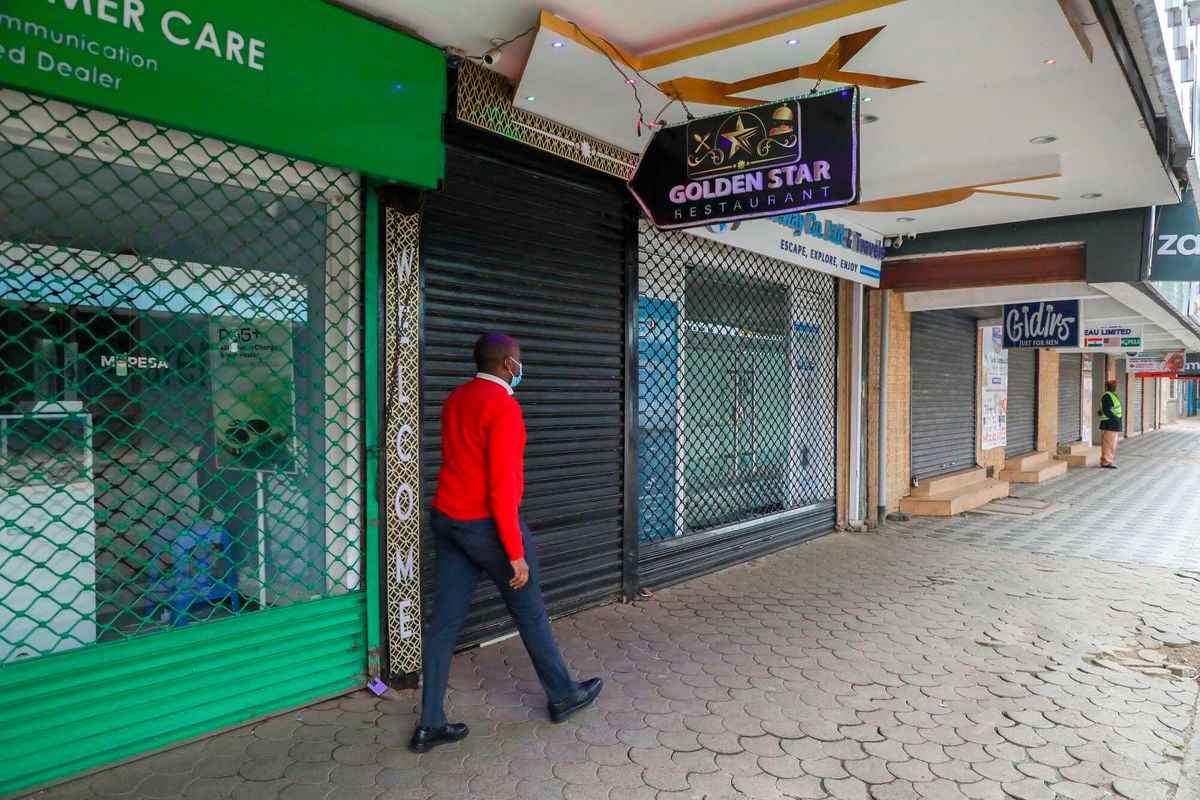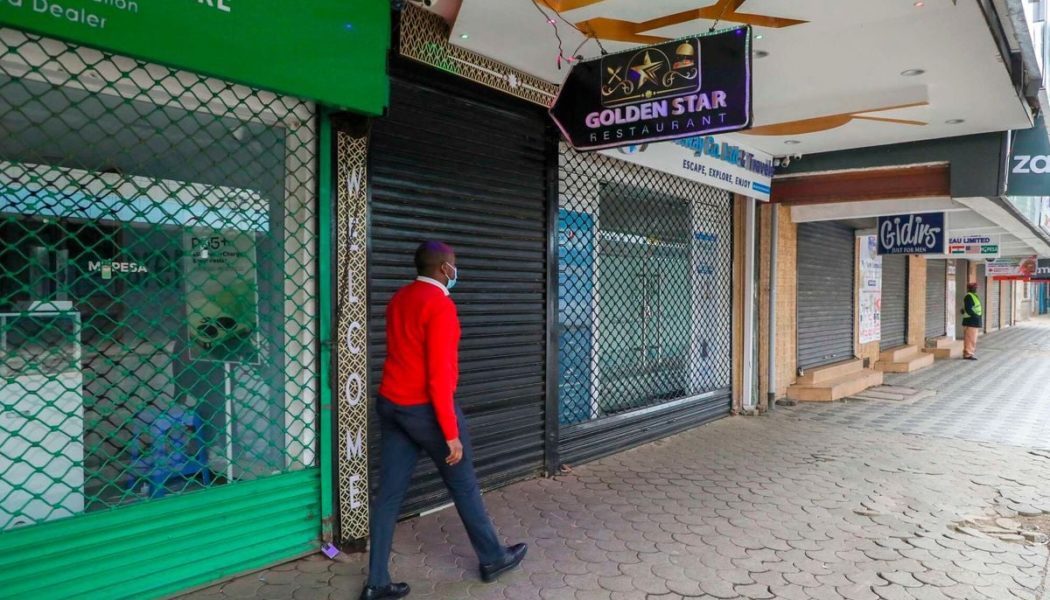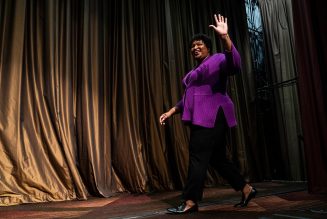
Kenya’s private sector activity dropped by the sharpest margin in more than three years in July on the back of deadly social unrest that disrupted businesses.
Findings of a closely-watched monthly survey showed that business conditions such as output, new orders, and employment in July deteriorated at the sharpest rate compared with June since April 2021 when the world was battling Covid-19 pandemic shocks on earnings.
This is after Stanbic Kenya Purchasing Managers Index (PMI) — based on feedback from about 400 corporate managers polled from key sectors such as agriculture, manufacturing, construction, wholesale and retail, and services — declined to 43.1 from 47.2 in June.
Readings below 50 signal a decline in month-on-month private sector deals while levels above point to growth.
“The deterioration in business conditions was due to rapid reductions in both output and new orders, in turn largely reflecting disruption caused by protests and political instability,” analysts at Stanbic Bank and American analytics firm, S&P Global, wrote in the PMI report for July.
“Lack of money in circulation and cost of living pressures also contributed to declines in demand and business activity.”
The data shows that disruptions were reported in all surveyed sectors, except manufacturing where activities edged up.
Thousands of youthful demonstrators poured onto streets of Kenya’s four cities and major towns across the country in late June to oppose plans to impose new and higher taxation measures for the year starting in July.
The countrywide protests, largely organised by youth who said were not aligned to political or ethnic groupings, which were sustained into early July, prompting President William Ruto to drop the Finance Bill 2024.
He has also started the process to reorganise his government after nominating a new Cabinet, which includes 11 of the ministers whom he had dismissed on July 11 and five officials from the main opposition ODM party.
The protests, which were allegedly infiltrated by hired goons, paralysed businesses in major urban centres on the day of demonstrations, with hundreds of retail stores looted during the peak on June 25.
“Private sector business activity deteriorated, reflecting ongoing demonstrations and unrest in parts of Kenya for some weeks now, discouraging output and new orders. Business operations were disrupted, and customers delayed spending decisions due to the uncertainty,” Christopher Legilisho, an economist with South African-based Standard Bank, the parent firm of Stanbic Bank, stated in the PMI report on Monday.
“With lower sales and orders across most sectors surveyed, purchasing quantities and inventories slipped for a second consecutive month.









